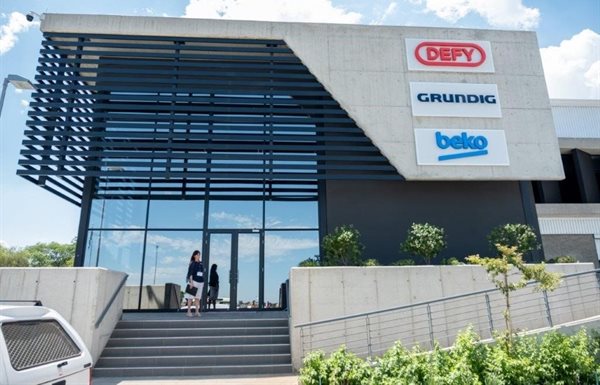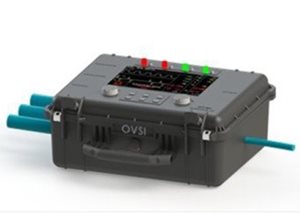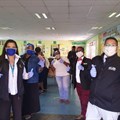Defy to begin building ventilators in SA this May

National Ventilator Project
Working alongside key stakeholders and led by the University of Cambridge’s Open Ventilation System Initiative (OVSI), Defy will be contributing towards South Africa’s National Ventilator Project – without any commercial benefit – while encouraging like-minded stakeholders to join the cause.
In President Ramaphosa’s latest address (Thursday, 9 April) he emphasised the global evidence indicated that even the world’s most developed economies were struggling to find the necessary medical supplies to deal with the pandemic. To address this urgent need, the National Ventilator Project is calling on organisations to assist in ventilator manufacture.
In the upcoming weeks, this industrialisation plan will roll out tens of thousands of ventilators to meet the growing demand across sub-Saharan Africa. Defy states that this undertaking is crucial to combatting the Covid-19 pandemic, as there is an ever-increasing demand for medical equipment and effective solutions across sub-Saharan Africa.
“Led by the United Kingdom’s University of Cambridge under the Open Ventilation System Initiative (OVSI), our team of scientists and engineers – including South African researchers – are currently finalising a ventilator design that can be industrialised for mass production,” said Evren Albas, CEO of Defy Appliances.
“Having the Beko PLC Research and Development Centre in the University of Cambridge – one of the seven global research centres of our parent group, Arcelik As – is very advantageous in expediting the process. Teams are working around the clock and thanks to them, this project is succeeding insofar as our ability to optimise and coordinate concurrent engineering efforts.”

Albas explained that the system design consists of components Defy currently uses in the everyday production of core appliances.
“We believe that this gives us a unique advantage.
Furthermore, Defy's flexible manufacturing capabilities, together with the design and development expertise of the consortium with whom we are partnering, will allow us to fast-track ventilator production and distribution,” he added.
Call for collaboration
Defy is encouraging like-minded South African companies to join them on this journey, so that all stakeholders can accelerate the efforts of the project.
“We have submitted our project proposal to the Department of Trade and Industry,” said Albas. “There are other South African companies, mentioned in the project document and included in the project consortium, and we are really looking forward to cooperating with them. Our intent is to put this project into production by May 2020, without any commercial benefit and, again, we are open to any and all kinds of cooperation and collaboration.
“We also aim to expand the project beyond the borders of South Africa. Fortunately, the project consortium has influence and contacts in sub-Saharan Africa and we are hopeful that this ventilator will assist other African countries in fighting this global pandemic."
In addition to the production of ventilators, Defy announced a donation package of appliances worth R1.9m to be delivered to critical hospitals on the frontline of this outbreak. Defy is partnering with the KZN regional government to start delivering these appliances as soon as possible.
“We want to improve conditions for our health workers - the real heroes of today,” concluded Albas. “We hope that our appliances will help them warm up food and wash their clothes when they cannot go back to their homes. This will give them chance to have a break within their work environment.”

























